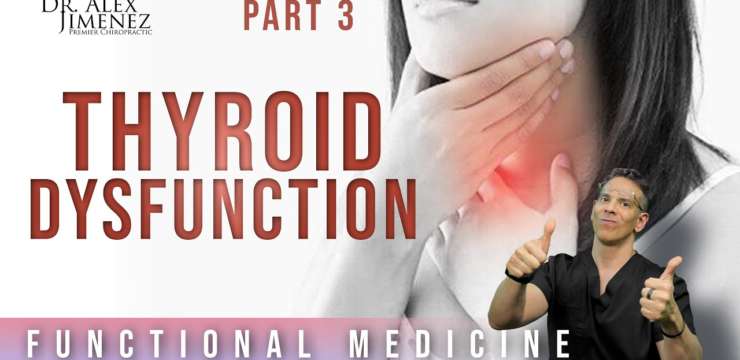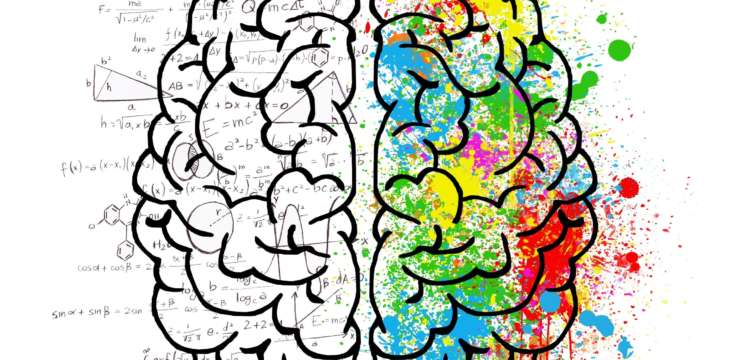Dr. Alex Jimenez brings to you this part three of a Functional Medicine Presentation and other Medical Specialists will help you recognize the symptoms, signs,…

A Health Coach is a mentor and wellness practitioner that supports and helps individuals reach their optimal health and feel their best through a customized food and lifestyle program that meets their unique needs and goals.
Health coaching does not focus on one diet or way of living.
Integrative Nutrition Coaching focuses on:
Bio-individuality meaning we’re all different and are unique
Diet
Lifestyle
Emotional needs
Physical needs
It emphasizes health beyond the plate and wellness through primary food. At the core is the idea that there are areas that impact health just as much as food. This means that:
Relationships
Career
Spirituality
Physical activity
All contribute to overall well being.
There is no one-size-fits-all approach to health and wellness.
These professionals work with clients and teach them how to:
Detox their bodies
Fuel their bodies
Maintain their bodies
Often times, health coaches will order tests to be done. These tests go deeper than the traditional blood panels primary care providers order. With the information from these tests, the health coach can assess the direct strand of probiotics needed for optimal gut health and more!
This leads to individuals becoming the:
Healthiest
Happiest
That they can be!
Health Coaches offer services in private one-on-one sessions and group coaching.

Dr. Alex Jimenez brings to you this part three of a Functional Medicine Presentation and other Medical Specialists will help you recognize the symptoms, signs,…

This is the first of three episodes Dr. Alex Jimenez brings to you where Medical Specialist talk about the complex role hormones play in our…

This is the third episode Dr. Alex Jimenez brings to you where Medical Specialist Talk about the complex role hormones play in our overall physiology…

Dr. Alex Jimenez brings to you this episode of Functional Medicine where Medical Specialists will help you recognize the symptoms, signs, and conditions correlated with…
Choose A Doctor Who Cares Teaming up with your care Doctor Have you ever been to a Doctor’s appointment and felt like you are not…

In this episode (4 of 4) Dr. Alex Jimenez presents Evonne Britton, an unbelievable track star and Olympic athlete who is going to talk to…

In this episode (3 of 4) Dr. Alex Jimenez presents Evonne Britton, and unbelievable track star and olympic athlete who is going to talk to…

In this episode (2 of 4) Dr. Alex Jimenez presents Evonne Britton, and unbelievable track star and olympic athlete who is going to talk to…

In this episode (2 of 4) Dr. Alex Jimenez presents Evonne Britton, and unbelievable track star and olympic athlete who is going to talk to…

UTEP Engineering Program Presents: Dr. Sarkodie’s Team, Juan Corna, Valeria Alramirano, and Dr. Jimenez discussing the New Dynamic Foot Heel Regulator. PODCAST: In this podcast,…

Presenting Truide Torres Jimenez. ( Clinic Director: Injury Medical Clinic PA & Patient Relations Advocate & WAY More) Truide has been working for the past…

PODCAST: In today’s podcast, Dr. Alex Jimenez, chiropractor, and Kenna Vaughn, health coach, introduce Jeremy McGowan and Taylor Lyle, both experts in nutrition and strength…

The health of our skin is critical. It is constantly being exposed to many damaging items. However, it is one of the last things we think about to protect. Part of taking care of our skin is protecting it from oxidative stress, toxins, performing regular detoxification, and ensuring we have minimal inflammation. However, just like other factors in life, some of us are genetically pre-disposed to specific issues regarding the skin and its health. To best help our patients with their skin health, we use DNA Skin from DNA Life. It is a genetic test that allows us to gain insight on what areas they are genetically predisposed to and what steps we can take to best protect them

The skin is the largest organ on the body. It is critical that we take care of it properly. There are many things that factor into our skin health, like genetics, inflammation, stress, medication, and unhealthy foods high in sugars. For skin health, all-natural solutions go further as they do not come with the uncomfortable side effects many medications do. Part of treating the skin naturally involves chiropractic care. The spine is the main focus in chiropractic care, but the rest of the body’s health deeply depends on the spine. By getting regular adjustments, we are able to improve the function of the nervous system which helps improve the body overall. Stress is released at higher rates when the spinal cord is not properly aligned. By regulating the spinal cord, you are positively regulating the release of cortisol into the bloodstream. Therefore, lowering the body’s stress and inflammation levels.

PODCAST: In today’s podcast, Dr. Alex Jimenez, chiropractor, and Kenna Vaughn, health coach, introduce Jeremy McGowan and Taylor Lyle, both experts in nutrition and strength…

As we know, some individuals have a harder time regulating their mood and emotions than others do. This is highly connected to their genetic predisposition. Mental health falls under the neuropsychiatric disorder umbrella and accounts for up to 25% of all disability-adjusted life years. The genetic predisposition an individual has contributes to the risk of developing a mental health disorder. By using genetic testing, we have the ability to see if a patient is at risk for depressive disorder, bipolar disorder, anxiety, and PTSD. We use the DNA Mind test by DNA Life.

The human brain is extremely complex. Although responsible for many of our bodies capabilities, it has been known to cause extreme downfalls and disabilities if it goes awry. Neurodegenerative disorders include mild cognitive decline & late onset Alzheimer’s disease (LOAD). By using genetic testing, we are able to assess these genes and gain biochemical insight as to how to take our patients in a direction that is best for intervention and treatment strategies. The genetic test we use is DNA Mind from DNA Life.